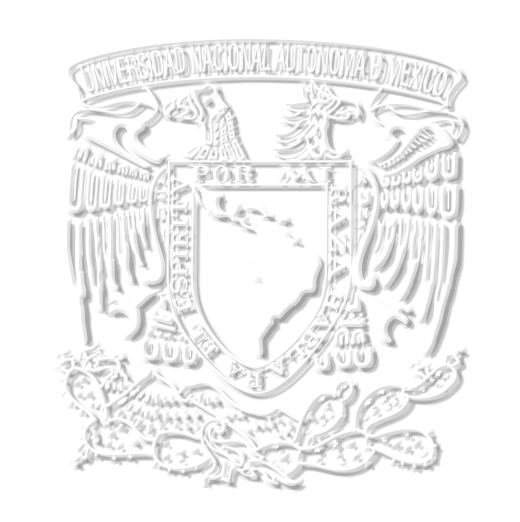Abstract
La nueva forma de construir sitios web coloca al usu-rio en un lugar mucho más protagónico, de manera que puede participar de forma más activa. La Web se entiende ahora como la plataforma sobre la que se desa-rrollan las aplicaciones y a través de la cual los usuarios interaccionan con ella, porque las necesidades de los usuarios van más allá de la mera consulta de documentos publicados por otros autores, ahora sienten interés en editar ellos mismos sus documentos, bien de forma individual (un blog, por ejemplo) o de forma colectiva (una wiki, por ejemplo). Este nuevo paradigma se co-noce con el nombre de web 2.0 e incorpora una serie de ideas y servicios que le otorgan al usuario mayor capacidad de participación, las cuales pueden ser aprovechadas de forma muy interesante por las comunidades educativas, bien de forma personal o bien apoyándose en los recursos que disponen para ello las comunidades autónomas españolas en la Web, donde desarrollan y mantienen portales que comienzan a integrar productos y servicios 2.0, que ofrecen al usuario mayor participación y personalización de su espacio personal. El objetivo de este estudio es revisar la presencia y uso de estos productos y servicios en este tipo de portales. Los resultados obtenidos nos muestran que se ha iniciado el proceso de adaptación e implementación hacia los portales educativos 2.0 pero que aún queda mucho camino por recorrer. Asimismo, y como era previsible, se han detectado grandes diferencias entre unos portales y otros en cuanto a su grado de desarrollo.Authors:
- They must sent the publication authorization letter to Investigación Bibliotecológica: archivonomía, bibliotecología e información.
- They can share the submission with the scientific community in the following ways:
- As teaching support material
- As the basis for lectures in academic conferences
- Self-archiving in academic repositories.
- Dissemination in academic networks.
- Posting to author’s blogs and personal websites
These allowances shall remain in effect as long as the conditions of use of the contents of the journal are duly observed pursuant to the Creative Commons:Attribution-NonCommercial-NoDerivatives 4.0 license that it holds. DOI links for download the full text of published papers are provided for the last three uses.
Self-archiving policy
For self-archiving, authors must comply with the following
a) Acknowledge the copyright held by the journal Investigación Bibliotecológica: archivonomía, bibliotecología e información.
b) Establish a link to the original version of the paper on the journal page, using, for example, the DOI.
c) Disseminate the final version published in the journal.
Licensing of contents
The journal Investigación Bibliotecológica: archivonomía, bibliotecología e información allows access and use of its contents pursuant to the Creative Commons license: Attribution- Non-commercial-NoDerivatives 4.0.

Investigación Bibliotecológica: archivonomía, bibliotecología e información by Universidad Nacional Autónoma de México is licensed under a Creative Commons Attribution-NonCommercial-NoDerivatives 4.0 Internacional License.
Creado a partir de la obra en http://rev-ib.unam.mx/ib.
This means that contents can only be read and shared as long as the authorship of the work is acknowledged and cited. The work shall not be exploited for commercial ends nor shall it been modified.
Limitation of liability
The journal is not liable for academic fraud or plagiarism committed by authors, nor for the intellectual criteria they employ. Similarly, the journal shall not be liable for the services offered through third party hyperlinks contained in papers submitted by authors.
In support of this position, the journal provides the Author’s Duties notice at the following link: Responsibilities of authors.
The director or editor of the journal shall notify authors in the event it migrates the contents of the journal’s official website to a distinct IP or domain.



